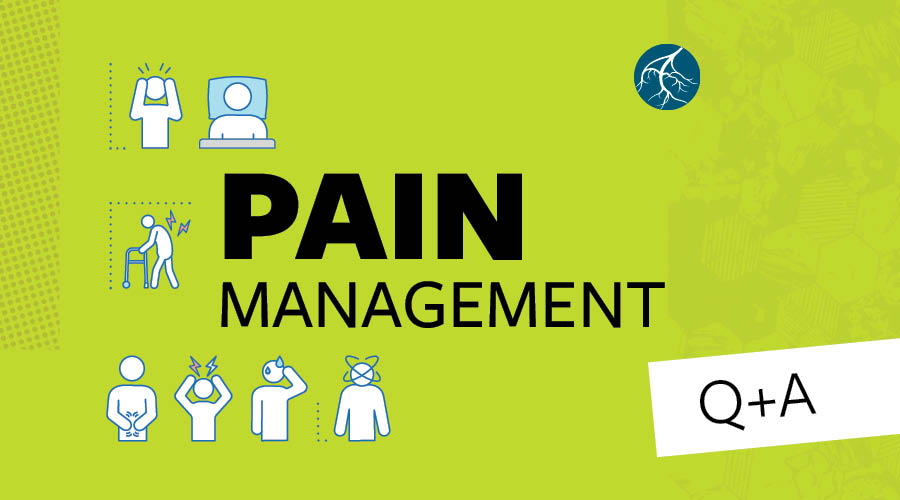Stress and Peripheral Neuropathy
During these unprecedented times, stress has been even more prevalent in everyday life. For patients with peripheral neuropathy, it is imperative to identify the factors that are causing stress in order to help eliminate those factors as best as one can.
Research published in 2017 notes that chronic stress may worsen neuropathic pain. Please be on the look out for the below affects that may signal that stressors are heightened in you or your loved ones life right now:
- Changes in eating habits: Binge eating or indulging in junk foods is all too real and may have a negative impact on the body. Eating less during stressful situations is also dangerous, as the body could become deficient in nutrients that cause irritation to peripheral nerves.
- Detachment from social circles: During COVID-19, we all have lost touch with our friends, but that doesn’t have to be the case. Support circles help people with physical needs, but they also help to incorporate positivity into one’s well-being. Try to find ways to connect with your neighbors, friends and families in a safe (socially distant!) way.
- Mood swings: Patients under duress may be prone to experiencing mood swings. An encouraging word from a friend or a loved one may help them shift toward a more positive mood, allowing the body to enter a more relaxed state.
To alleviate stress in neuropathy patients, please try massage therapy, spending time outdoors, and exercise (if allowed by your physician). Reducing stressors and finding ways to stay active (both mind and body) may help ease the effects on peripheral nerves.
Excerpted from FAP News Today: How Stress May Worsen Peripheral Neuropathy Pain
To read a related article on Mindfulness for Patients with Peripheral Neuropathy that FPN published last summer, click here.
| Disclaimer: The information contained in this living well tips is not intended to substitute for informed medical advice. You should not use this information to diagnose or treat a health problem or disease without consulting a qualified health care provider. You are strongly encouraged to consult a neurologist with any questions or comments you may have regarding your condition. The best care can only be given by a qualified provider who knows you personally. |






